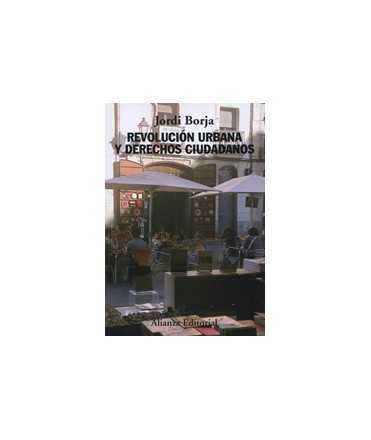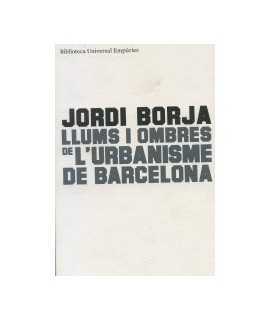Product successfully added to your shopping cart
Quantity
Total
There are 0 items in your cart. There is 1 item in your cart.
Total products
Total shipping To be determined
Total
Continue shopping Proceed to checkout
- Menu
- Offers
- Shops
- Stationery
- Bookshop
- Spaces
- Gourmet
- Urban
- Games
- Singular
- Technology solutions
- Events
Product successfully added to your shopping cart
Quantity
Total
There are 0 items in your cart. There is 1 item in your cart.
Total products
Total shipping To be determined
Total
Continue shopping Proceed to checkout
- Menu
- Offers
- Shops
- Stationery
- Bookshop
- Spaces
- Gourmet
- Urban
- Games
- Singular
- Technology solutions
- Events
Urban Revolution and Citizens' Rights
It addresses fundamental issues of urban planning, of the city as a public space and citizenship as a status that assigns equal duties and rights to all people who live together in a territory. It also critically examines how the dominant urbanization patterns deny the democratic tica egalitarian and supportive vocation of the desired city. Finally, it exposes 'the right to the city' as an analytical and critical concept of urbanization, and as an integrative concept of strategies and actions of resistance to the dominant urbanization patterns. 372 p.: B/w, 23x15 cm., Paperback
0000070542
Enviament en 24-48 hores, dies laborables
Devolucions en 30 dies
Tens dubtes? Tlf. 93 224 39 32



